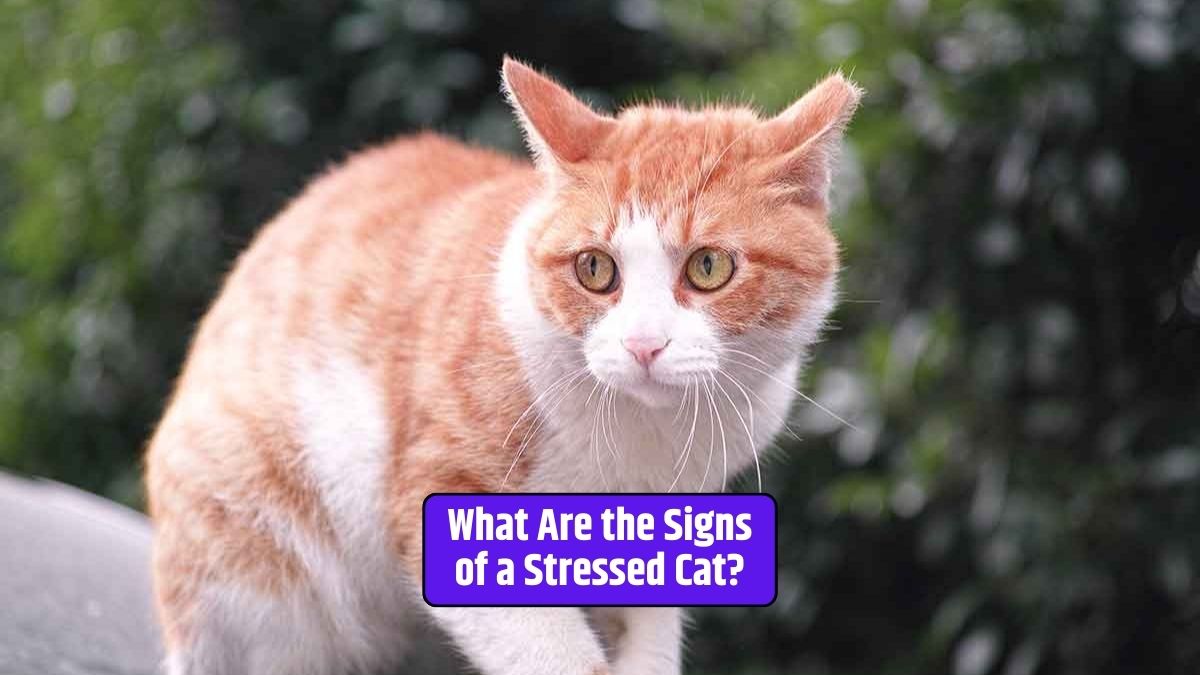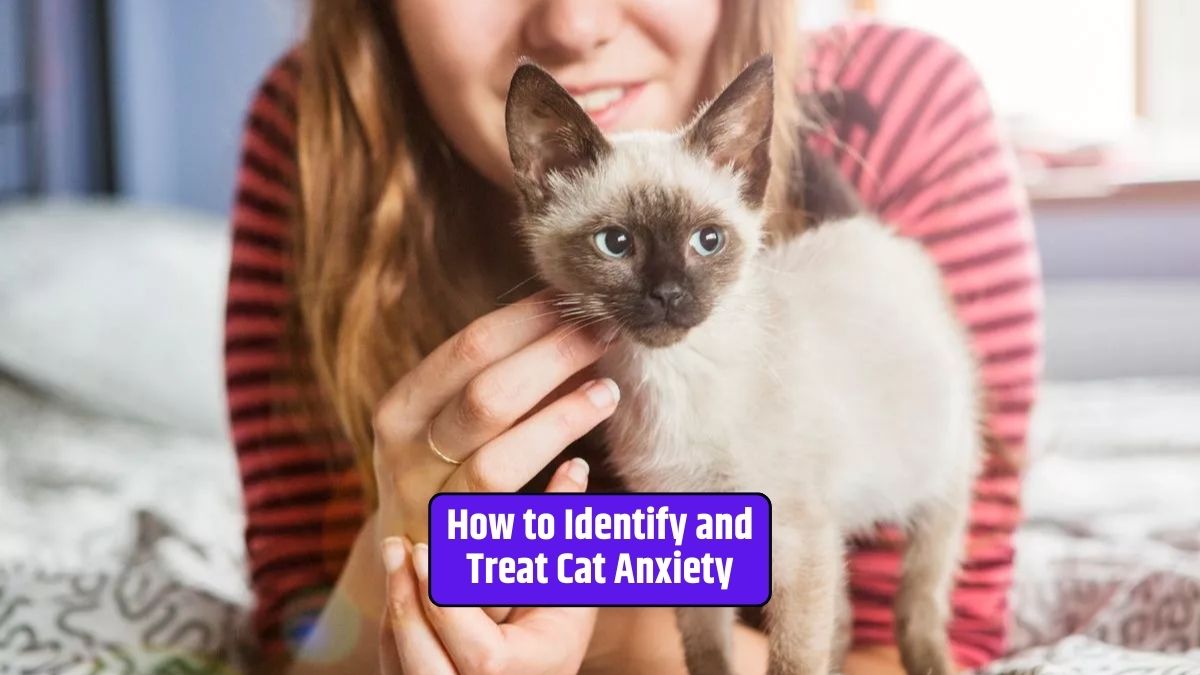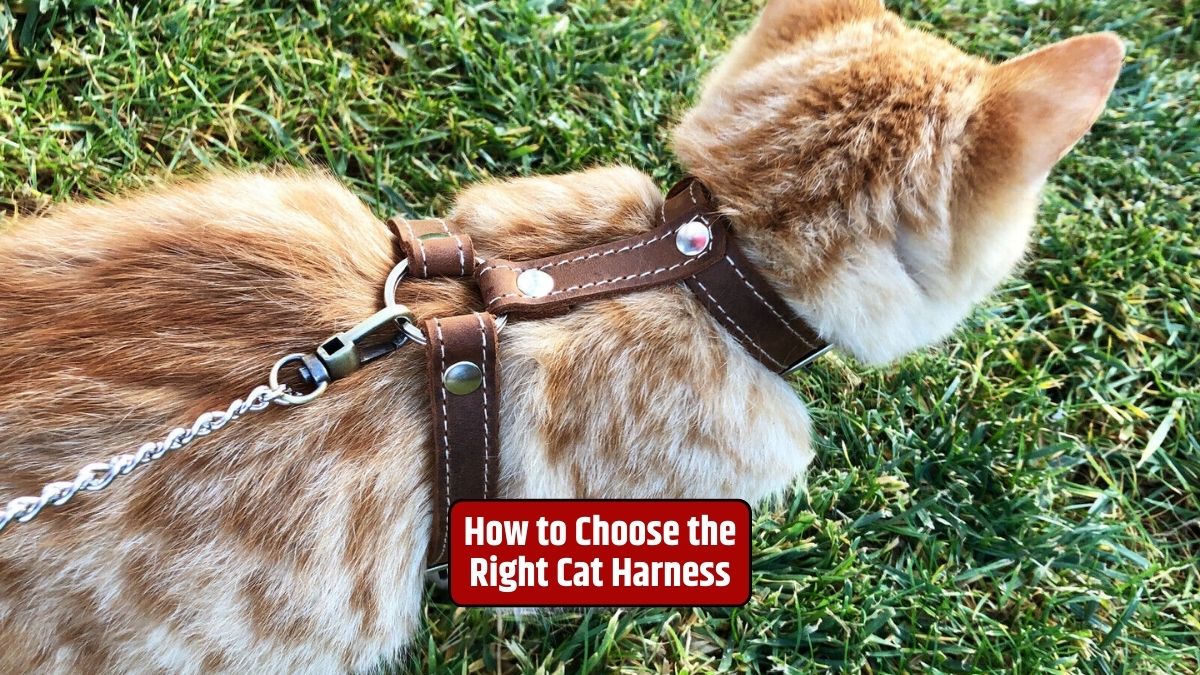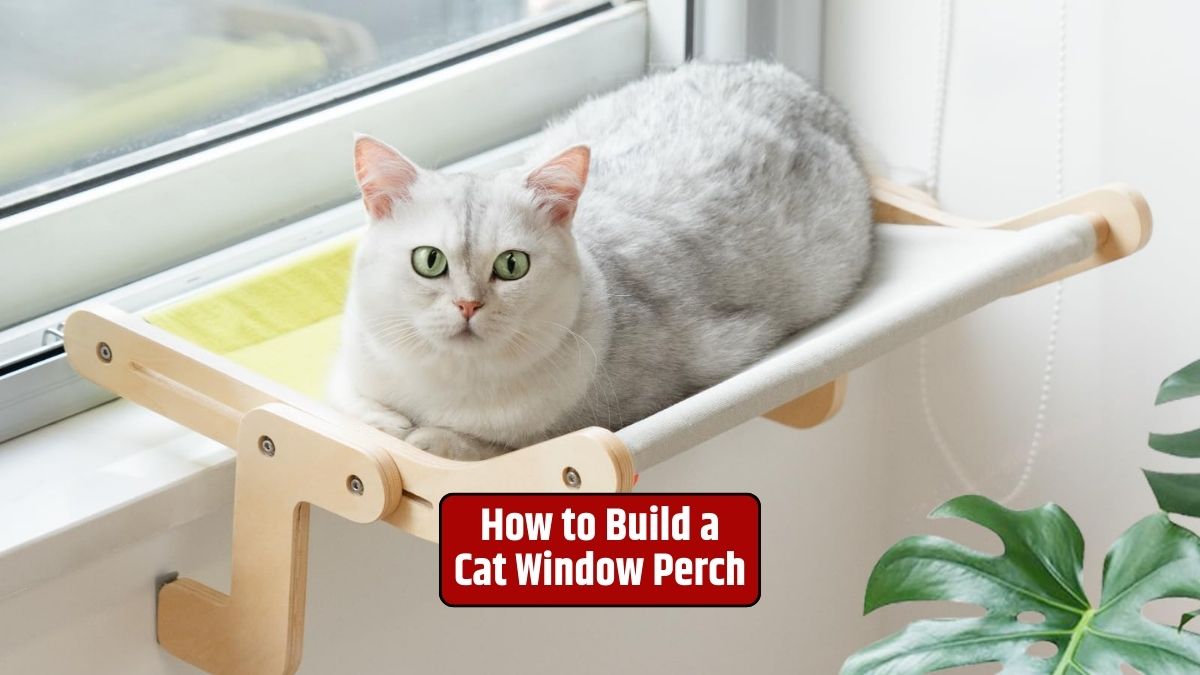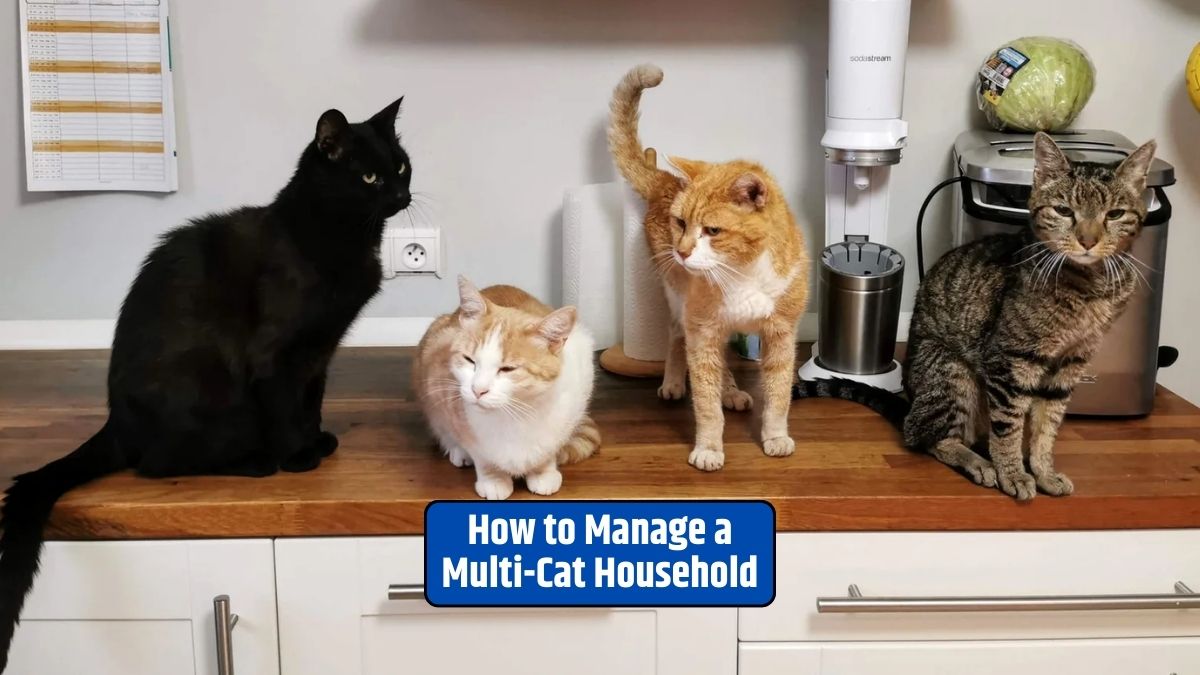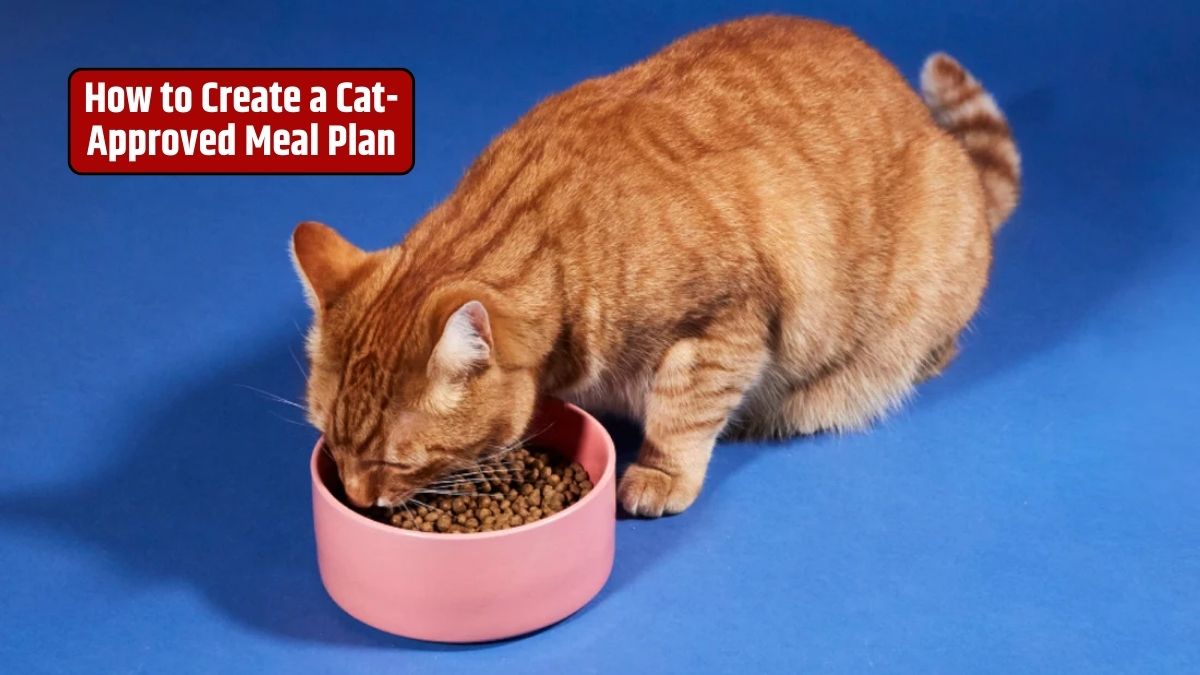Cats are known for their independent and mysterious nature, but just like humans, they can experience stress. Recognizing the signs of a stressed cat is crucial for their well-being and your relationship with them.
In this article, we’ll explore the various indicators of feline stress and provide insights into how to help your cat relax and feel more at ease.
Feline Stress
Before diving into the signs of a stressed cat, it’s essential to understand what causes stress in our feline friends. Cats can become stressed for various reasons, including changes in their environment, routine, or health issues.
Common stressors include moving to a new home, the addition of a new pet, changes in the family, or even medical problems.
Behavioral Signs
Excessive Grooming
One of the first signs of a stressed cat is excessive grooming. Cats are meticulous groomers by nature, but when they’re stressed, they may groom themselves to the point of causing bald spots or skin irritations.
Urinating or Defecating Outside the Litter Box
A stressed cat may start urinating or defecating outside the litter box. This behavior is often a cry for help or a reaction to feeling unsafe in their usual toileting area.
Aggression
Stress can lead to aggressive behavior in cats. They may hiss, scratch, or bite, especially when they feel cornered or threatened.
Hiding
Cats may hide in response to stress. Finding a secluded spot where they feel safe can be their way of coping with anxiety.
Change in Appetite
Stressed cats may eat less or more than usual. Some cats lose their appetite, while others turn to food for comfort, leading to weight gain.
Physical Signs
Vomiting or Diarrhea
Stress can impact a cat’s digestive system, leading to vomiting or diarrhea. If these issues persist, it’s crucial to consult a veterinarian.
Excessive Shedding
Excessive shedding can be a sign of a stressed cat. You may notice more fur around your home, and your cat’s coat may appear unkempt.
Paw Licking
Stressed cats may excessively lick their paws, which can lead to skin issues or fur discoloration in the affected area.
Tense Body Language
Pay attention to your cat’s body language. A stressed cat may have tense body posture, dilated pupils, and flattened ears.
Helping
If you notice signs of stress in your cat, there are several steps you can take to help them:
- Identify the Cause: Try to determine the source of stress and address it. If it’s a recent change in the environment, allow your cat time to adjust.
- Create a Safe Space: Provide a quiet, safe space where your cat can retreat when feeling stressed. This could be a cozy corner with their bed and toys.
- Maintain Routine: Cats thrive on routine, so try to stick to a consistent schedule for feeding and playtime.
- Consult a Veterinarian: If your cat’s stress persists or leads to health issues, consult a veterinarian for guidance.
- Consider Pheromone Products: Feliway, a synthetic feline facial pheromone, can help reduce stress in cats when used in their environment.
Conclusion
Recognizing the signs of a stressed cat is essential for ensuring their well-being and happiness. By understanding these signs and taking steps to alleviate stressors, you can help your feline friend lead a more relaxed and content life.
FAQs
Can stress in cats lead to long-term health issues?
Prolonged stress can contribute to health problems in cats, so it’s important to address it promptly.
How can I create a stress-free environment for my cat?
Provide a quiet space, maintain a routine, and offer mental and physical stimulation through toys and play.
Is it normal for cats to hide when they’re stressed?
Yes, many cats instinctively hide when they’re feeling stressed or anxious.
Should I consult a veterinarian if my cat is stressed?
If your cat’s stress is severe, persistent, or leading to health problems, it’s advisable to consult a veterinarian for guidance.
What is Feliway, and how does it work?
Feliway is a synthetic feline facial pheromone that can help reduce stress and anxiety in cats by creating a sense of familiarity in their environment.
